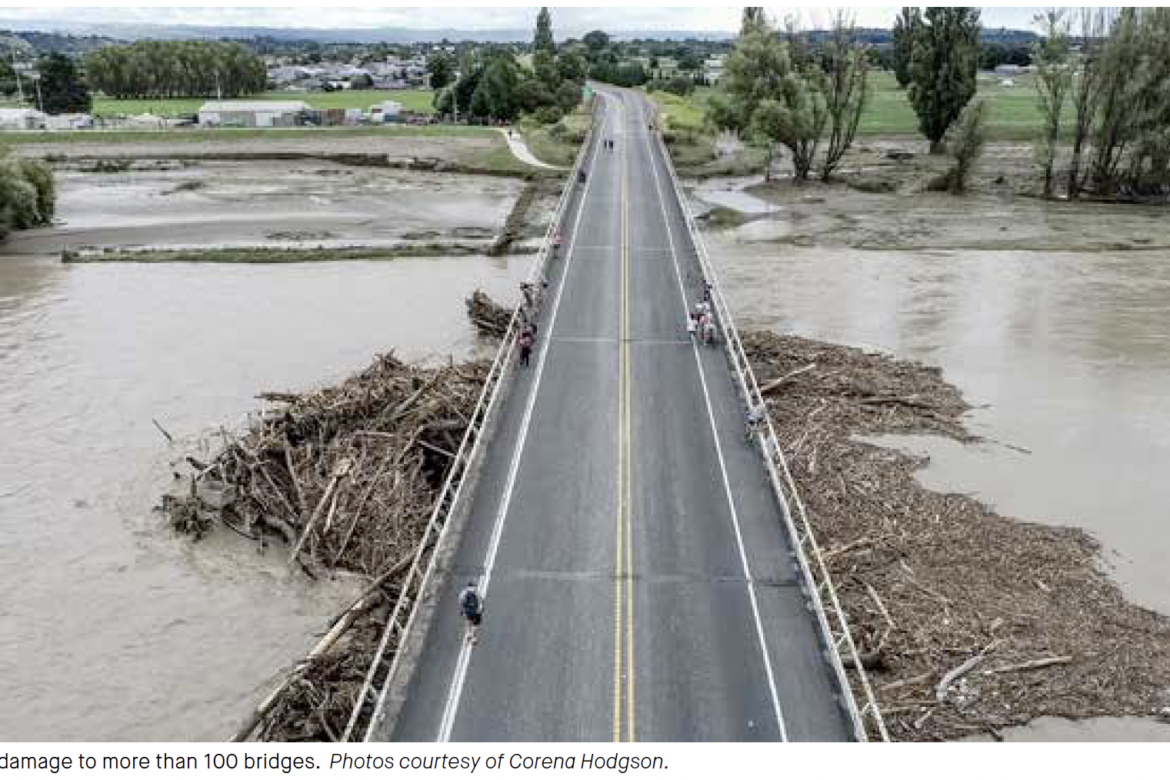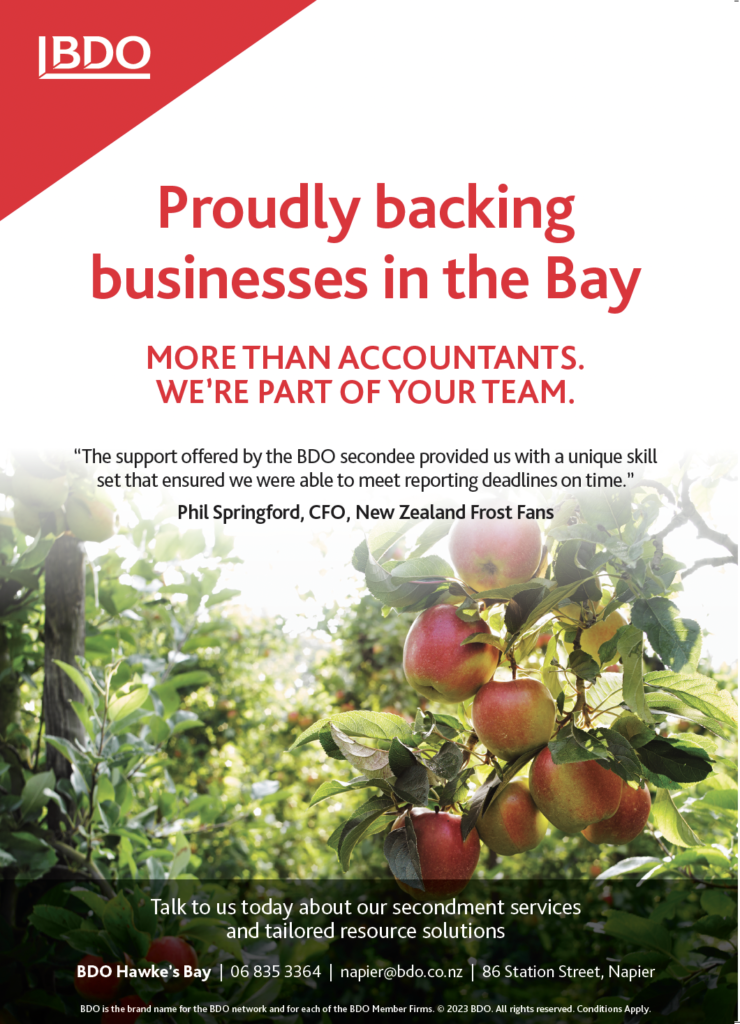Hawke’s Bay leaders are calling for more government funding to rebuild the region’s extensively damaged roads and bridges.
As the powerhouse of its local economy, the region’s primary sector and associated supporting services rely heavily on a reliable and resilient roading network.
Whilst Councils are grateful for the Government support received to date and as a result have made good progress repairing damage over the past twelve months, there is still so much work to do. The reality is, however, this comes with a price tag far too high for ratepayers to bear and without additional funding support, much of this critical repair work won’t be finished in a timely manner and some is unlikely to be completed at all.
Across Central Hawke’s Bay, Hastings and Wairoa around $1.1 billion worth of damage to local roads was caused by Cyclone Gabrielle, approximately $700 million of which is currently still unfunded.
These were the overarching messages in a meeting held today in Wellington between Prime Minister, Christopher Luxon, local mayors, Chair of Hawke’s Bay Regional Council, the Regional Recovery Agency and mana whenua representatives.
Hastings Mayor, Sandra Hazlehurst says roading infrastructure repair and access remains a core priority for much of the region.
“In the Hastings District, damage to our roads and bridges as a result of the cyclone totals $800m which is a huge investment and one we simply can’t afford on our own.
“We had a really constructive conversation with Prime Minister Luxon about the need for further government support over an extended period of time. This is vital for ensuring as a region, we have confidence in our ability to restore a roading network our communities and our economy can rely on.”
She says Cyclone Gabrielle has highlighted the need for central Government to review its overall approach to roading recovery funding to enable local economies to get back up and running faster after significant emergency events, which are undoubtedly becoming more frequent in nature.
“Specifically, we are asking for a combination of enhanced funding rates and bespoke additional funding assistance that would see central Government cover the cost of the majority of the remaining roading repairs, with the balance to be funded through council rates.”
Mayor of Central Hawke’s Bay and Co-Chair of the Matariki Governance Group, Alex Walker says in Central Hawke’s Bay alone, without this additional support they are staring down the barrel of decades worth of work at the current government funding rate or, alternatively, rate rises that would cripple the community for years to come.
“If we can get the funding assistance we need however, we can complete the work in five to six years, get our primary sector and overall economy back on its feet sooner and position Hawke’s Bay as key player in helping this government with its goal of doubling the value of exports in the next ten years.”
She says restoring a strong gate to market connection as quickly as possible is vital to achieving this, so farmers and growers can efficiently bring in the raw materials they need and then send out finished product, for processing and delivery to overseas markets.
“With various roads and bridges still out of action, lengthy detours are resulting in additional costs falling on our already hard-hit primary sector businesses.
“We understand the impact also extends beyond the economy and for some in our communities, extended travel times are taking a toll financially and mentally.”
Co-Chair of the Hawke’s Bay Matariki Governance Group and Chair of Tātau Tātau o te Wairoa Trust, Leon Symessays whilst as a region there is a shared commitment to restoring a roading network that can support a thriving economy for Hawke’s Bay, there is no question further support from Government is critical to delivering this.
“Councils have been working together with the Regional Recovery Agency to develop a phased and sequenced programme of work that captures the full picture of roading repairs required across the region, inclusive of the funding assistance required to deliver this.”
He says the region’s leaders recognise the need to balance both the fiscal constraints of central Government as well as their own resourcing constraints in regard to carrying out such a large programme of work.
Mayor Walker says Councils are open to how and over what period of time additional support is allocated, which aligns with a commitment made to building and maintaining a long-term credible partnership by only asking for what the region can actually deliver in any given time period.
“With a firm commitment to material levels of support over the next several years we can ultimately plan for a better future for the region, and we will continue working with central Government to achieve this.”
Speeding up both the Government-led Kaupapa Māori pathway for Category 3 land and programmes to address the regions severe housing shortages were also discussed in today’s meeting.



